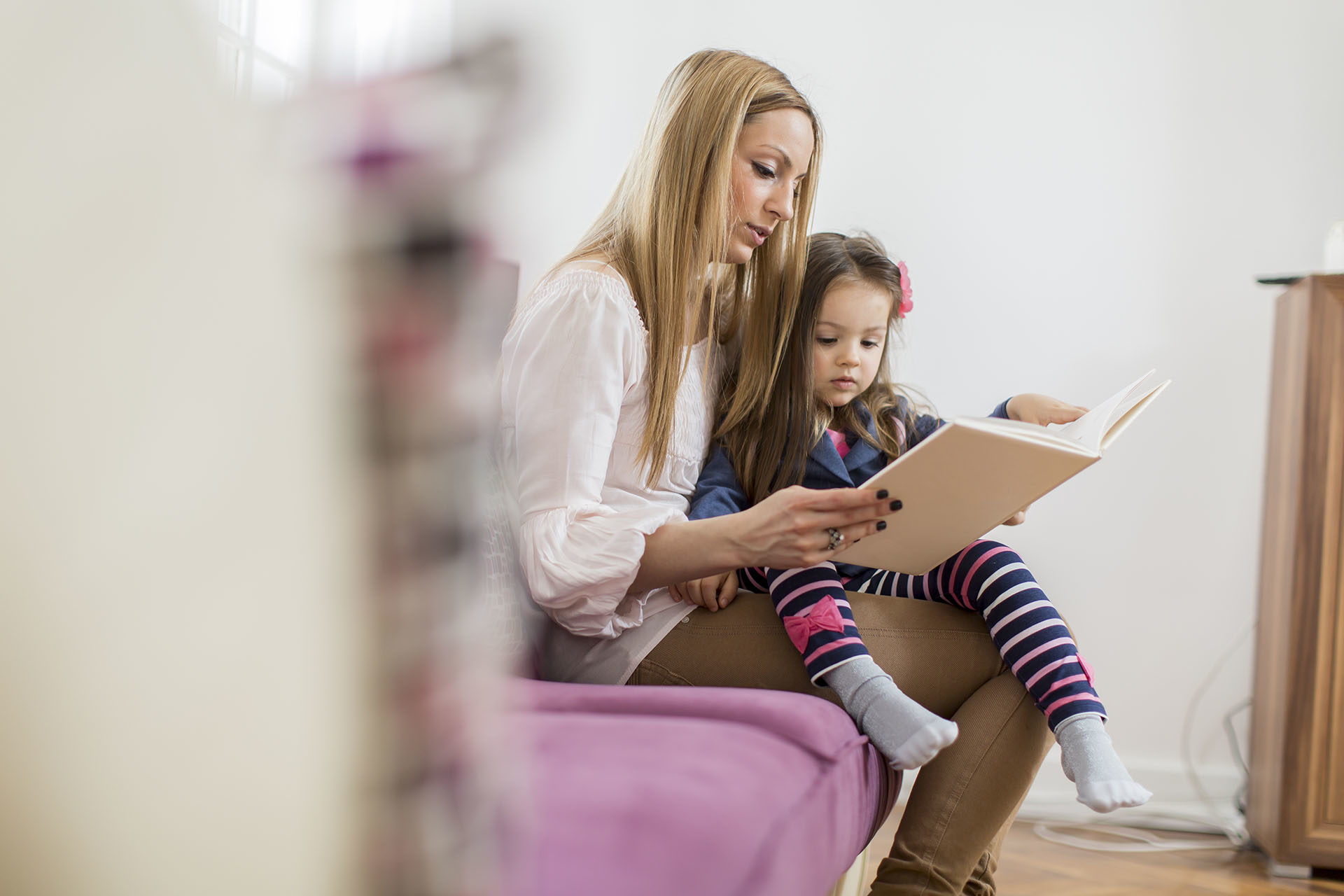Executive’s Covid-19 recovery plan fails to recognise vital role of childcare to the economy
The Executive has published its Covid recovery plan. ‘Building Forward – Consolidated Covid Recovery Plan’ which sets out how the economy, and society more broadly, can recover from Covid-19 and emerge stronger, planning for longer term transformative and innovative change. The strategy brings a suite of recovery actions together into one document, recognising that economic, health and societal challenges existed prior to Covid-19 and the need to transition from crisis mode in tackling the pandemic, to recovery.
This Integrated Recovery Plan has been developed to inform the Executive’s priorities to accelerate recovery over the next 24 months under four strategic recovery accelerators:
- Sustainable economic development;
- Green growth and sustainability;
- Tackling inequalities;
- Health of the population.
Childcare critical to economic recovery
The plan acknowledges that Covid-19 has deepened some of the inequalities that existed previously in our society as well as pointing to the disproportionate impact of the pandemic on those from disadvantaged backgrounds, and on women in terms of remaining in employment. It recognises that “affordable, accessible childcare would help remedy this” but the vital role of childcare in our economic recovery is not referenced beyond this one sentence within the strategy nor was there any mention of what this ‘remedy’ would entail. While the plan includes an Action Plan (at Appendix A) setting out detailed interventions under each of the identified recovery pillars, there is no reference to the need for urgent investment in our childcare sector, through a much-needed and long-overdue Childcare Strategy.
While we agree that childcare has an important role in tackling inequality, particularly for women and those from disadvantaged backgrounds, we are disappointed that the Executive plan has failed to address childcare as an economic issue and how this can support overall economic recovery.
Our research shows that while lack of access to childcare does have a disproportionate impact on women (48% of mothers told us they adjusted their working hours to manage childcare during Covid-19, compared to just 28% of fathers), childcare is essential to the economy as a whole, and plays a vital role in supporting parents to get into, and stay in work. This was demonstrated during Covid-19 when childcare workers across the sector stepped up, opening their homes and businesses to the children of key workers – allowing our doctors and nurses, supermarket workers and bus drivers, and many, many others do their jobs at a time of global crisis.
The ‘New Decade, New Approach’ agreement committed the Executive to “Publish a Childcare Strategy and identify resources to delivery extended, affordable and high quality provision of early education and care initiatives for families with children aged 3-4”. This was overdue then and is even more critical now. In the words of a parent who responded to our Northern Ireland Childcare Survey research last year:
“Covid-19 has brought into very sharp focus just how much we rely on those who look after our children and the massive benefit they have provided to them… Aside from the fact that childcare allows us to work without worrying about children, the educational / social / emotional support they provide for our children is invaluable.”
Childcare must be recognised as an essential part of our infrastructure that will underpin our economic and societal recovery from Covid-19.
From our work with parents and employers we know that an inability to afford or access childcare is a barrier to parents, particularly women and those in lower paid jobs, seeking to get back into the workforce or increase their hours of work. Investment in our childcare infrastructure to ensure quality care is affordable and accessible is a key to unlocking this barrier and can play a vital role in tackling issues such as economic inactivity and unemployment. Looking more broadly, there is clear evidence that children who benefit from quality, enriching childcare achieve better educational outcomes and, over their lifetime, have higher earning potential.
There was a clear opportunity for the Executive to recognise this through a commitment to the publication of a Childcare Strategy as part of this strategic Covid-19 recovery plan. This would have signalled publicly to the childcare sector that the contribution they made during the pandemic has been valued and their vital role in enabling parents to work, and the economy to prosper, has been understood. It would also have given hope to families, a third of whom are paying more for childcare than their rent or mortgage, that our Executive wants to make it easier for parents to get into work, stay in work and ultimately, be able to make work pay.
Conclusion
It is essential, as we work towards our recovery from Covid-19 and seek to emerge as a stronger, more resilient and dynamic economy and society, that we take a joined-up approach across Government to deliver an ambitious and world-leading Childcare Strategy that will deliver significant, long-term, strategic support and investment into our key childcare infrastructure.






